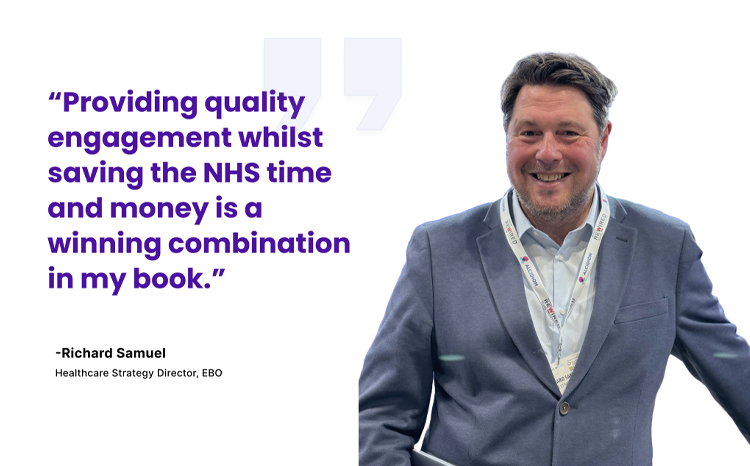Open source framework needed – CIO
- 28 November 2014

NHS England has been urged to set up an open source procurement framework to give chief information officers and clinicians more confidence in the systems.
Rachel Dunscombe, the CIO at Bolton NHS Foundation Trust, told the crowd at NHS England’s open source open day in Newcastle that a procurement framework should be established.
Dunscombe said a framework will improve connections between trusts and suppliers and reassure health IT leaders about the reliability of open source. “I would like to see a framework so it’s easier to procure, and gives open source solutions more credibility to CIOs.”
The trust’s open source work has improved interaction between clinicians and developers compared to previous proprietary software, she said.
“Clinicians can interact with developers and get a much better idea of what they’re doing – there’s a much better relationship between clinicians and the open source community in terms of what they’re doing and what they want.”
Dunscombe said open source is also “a wonderful thing in terms of challenging the status quo” and improving knowledge within the NHS. “For me, I need clinicians to be able to challenge me so we can work together, and open source really helps with that.”
Marcus Baw, a locum GP and co-director of the openGPSoC community interest company, said information about clinical IT systems should be published, peer-reviewable and auditable in a similar way to medical research.
Baw said open source software is “far more likely” to gain clinician’s interest than closed source, while it can also reduce issues of duplicating work on common IT problems.
“We don’t have time to go solve a problem, then re-solve it again, and again… we talk about standing on the shoulders of giants, and that can only work if we share and build on what has been before.”
Richard Jefferson, NHS England’s head of business systems, said the organisation’s focus is on using open source to add options to poorly-served areas, rather than covering every clinical system.
“Our job is not to take the most saturated area of the market and offer an open source solution – we’re trying to offer something different for gaps that haven’t yet been filled. There are definitely areas where open source can make more of an impact than in others.”
Jefferson said open source also allows trusts to “break that dependency” of vendor lock-in while encouraging suppliers to focus on the quality of their service. He said NHS trusts have a “duty to share knowledge” and build on their joint experience, which suits the design of open source systems.
“How often are the same users of the same product going to buy the same functionality from a vendor, when we can re-use and share it across the NHS? A lot of people in the NHS have learned through experience, and only by putting them together with new technology will we get the products we need.”
Jefferson said NHS England’s open source vision is to create a “self-sustaining ecosystem of communities” that can function without relying on NHS resources. NHS England's open source team has said that it would like to see community interest companies established to provide vehicles for open source developments.
At the Newcastle event, the first of these CICs was announced, with three trusts supporting the development of the openMaxims electronic patient record. Rob Dyke, co-founder of Neova Health, said an announcement about the establishment of a CIC for the company’s open-eObs nursing observations system will be made next week, and this will include the trusts that will be the founding members.
Despite these developments, Jefferson stressed: “We’ll help you out if we can, but none of these things will be successful unless you drive them.”
Read EHI editor Jon Hoeksma's preview of the Newcastle event and assessment of the state of the open source movement in health in Insight.




